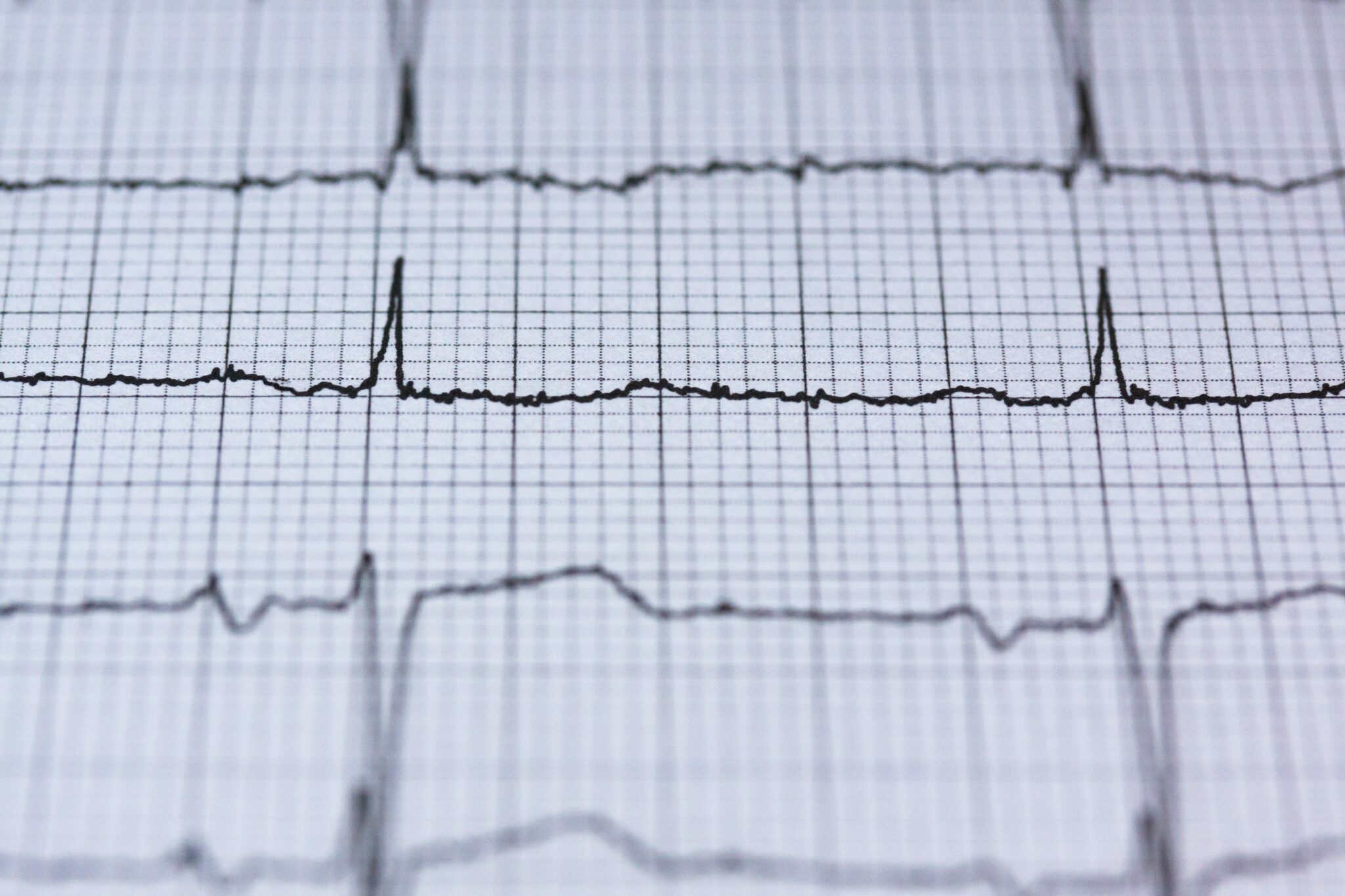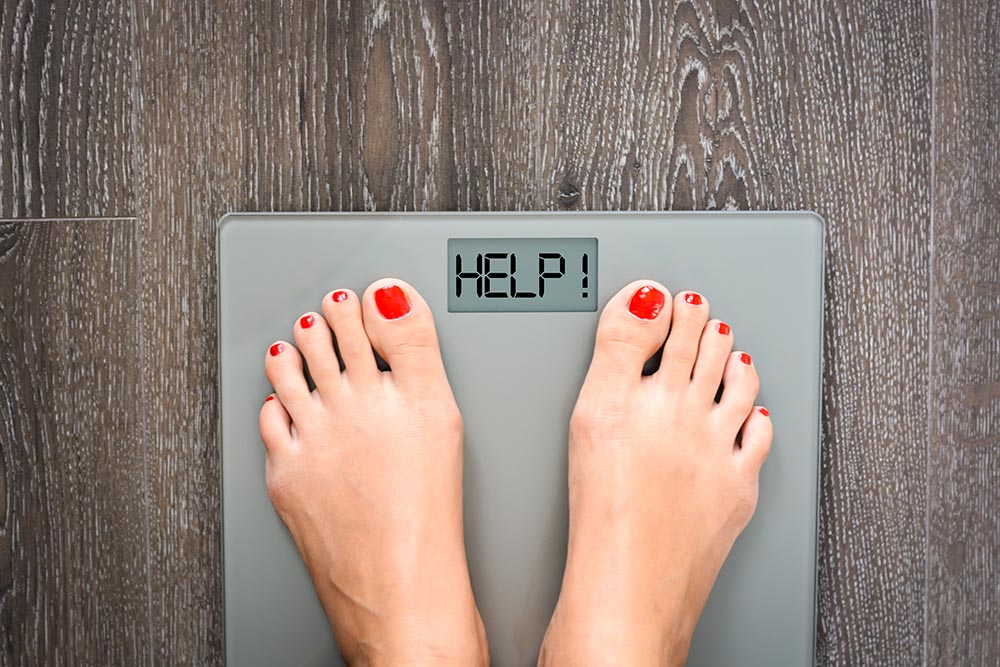February is American Heart Month, and honestly there is so much information out there about heart disease, it was hard to choose the most important information to provide. Ultimately we chose to give you information on what the signs of a heart attack actually are in men and then what the signs are in women, because knowing the signs up front allows you to respond more quickly when you or a loved one may be showing the signs of heart attack. And given that it is life threatening event, the earlier you catch it happening and get it treated, the better the outcome for success.
Let’s start by looking at heart disease in women, because it’s so often overlooked that heart disease is indeed the number 1 killer of women, and causes 1 in 3 women’s deaths every year. Heart disease kills one woman every minute, and since 1984, more women than men have died each year from this condition. That’s a far higher count than the 1 in 31 who die from breast cancer yet only 1 in 5 women believe that heart disease is her greatest health threat. And by the way, women are less likely to survive their first heart attack, than men.
The fact that women seem to be in denial about heart disease, is just one of the reasons they are also less likely to call 911 when they do experience the symptoms. Another factor in that may be that we are so used to seeing advertising, as well as media depictions of men having heart attacks, that just don’t look like the types of symptoms women get. The symptoms simply differ between the sexes, and unfortunately women are more likely to have a “silent” heart attack or display symptoms that are unusual.
So let’s take a look at what the female-specific symptoms of a heart attack are. First and foremost, it’s important to note that women tend to experience precursor symptoms for several weeks before the heart attack actually occurs. A study showed that 80% of women had at least one symptom up to four weeks before their heart attack. According to Medical News Today, there are eight symptoms of a heart attack in general, some of which women may or may not have.
- Chest pain—this has always been described as a tightness in the chest, pressure or squeezing or aching. However, women can experience having a heart attack without chest pain, in fact only 57% say they had chest pain during their heart attack.
- Fatigue—Women usually experience extreme fatigue in the weeks leading up their heart attack.
- Weakness or feeling shaky—this is a symptom that is acute in women and may also include dizziness, fainting or feeling light headed.
- Shortness of breath—heavy breathing without any exertion is a big warning sign. Sometimes women will blow off this symptom because they only have it when lying down.
- Excessively sweating—given that hot flashes are part of menopause, it’s easy to see why women ignore this symptom, which can also leave them feeling cold and clammy.
- Pain in the upper body—this might be in the neck or the jaw or the upper back. It can start in one area and spread to others.
- Poor sleep—Women in the study often reported difficulty sleeping in the weeks prior to their heart attack. But again, this is a symptom of menopause, so a lot of women just take it in stride without considering it a heart attack symptom.
- Stomach issues—Indigestion, nausea and vomiting are the types of stomach problems women may feel, along with pain in the stomach.
While a man can also experience all of the above listed symptoms as well, their symptoms are typically more obvious and not silent. There are several very clear symptoms of a heart attack that do require immediate medical attention, so here’s what to look for (both in others and in yourself): Pain, crushing pressure, squeezing, tightness or aching in the chest or arms that spreads to the neck, back or jaw, sudden shortness of breath. The pain is typically constant. Don’t ignore it, call emergency services immediately.
Now that you know the symptoms of a heart attack, you should also know that there are many ways we can help you to prevent this killer. As concierge physicians, we put a lot of our focus on preventative care. Your health and well-being are our biggest priority! Call (239) 500-6363 for an appointment



